Relief from bruxism with Botox is achieved by injecting small amounts of botulinum toxin into the jaw muscles, which reduces clenching, teeth grinding, and pain. The results last about three to four months and help protect teeth, improve sleep, and ease headaches. Botox is not a permanent cure, but it is a safe and effective option. Learn more about Relief from Bruxism with Botox treatment at Buford Dentist.
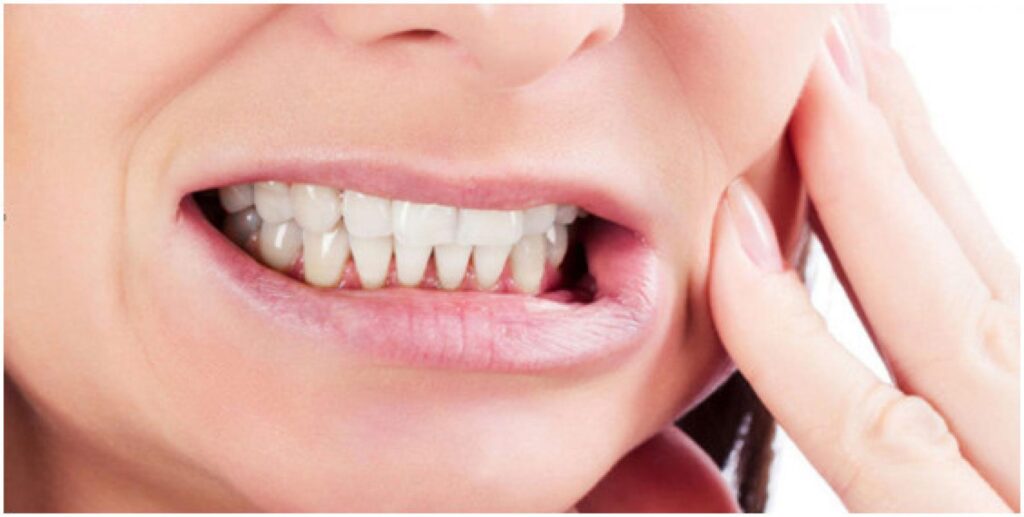
Bruxism is the medical term for teeth grinding and jaw clenching. It can happen during the day or while you sleep.
The temporomandibular joint, or TMJ, connects your jaw to your skull. When the surrounding muscles such as the masseter and temporalis become overactive, they create pain, stiffness, and damage to teeth.
Common causes include:
Untreated bruxism can wear down enamel, crack teeth, cause chronic headaches, and interfere with sleep.
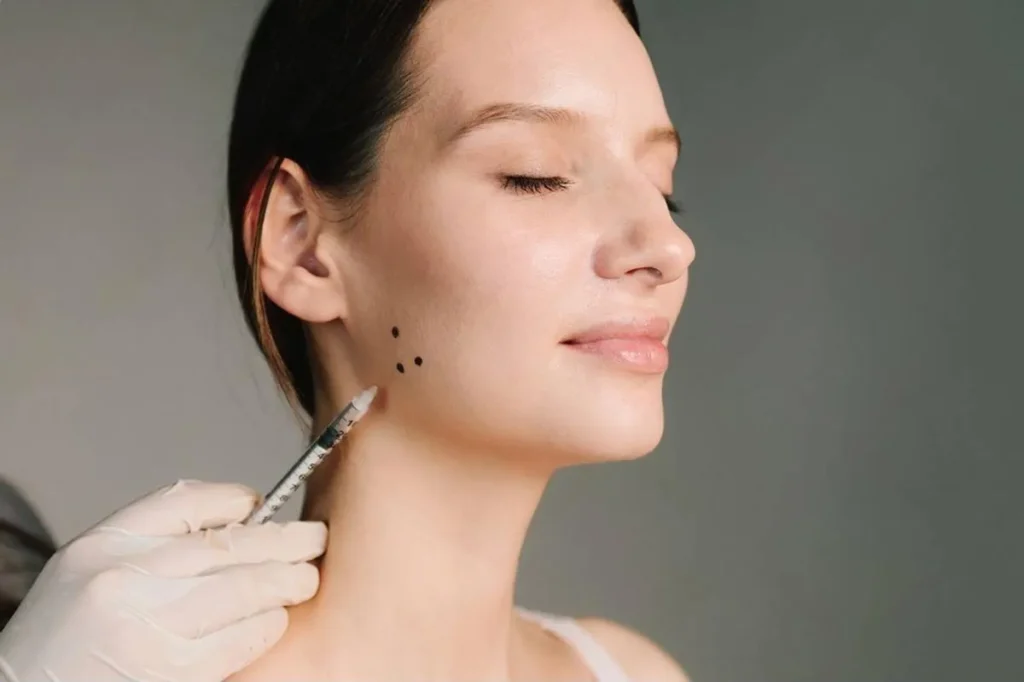
Botox is a neuromodulator made from botulinum toxin. It works by blocking nerve signals to the muscles that control chewing. When the masseter and temporalis muscles stop receiving the signals, they relax and contract less often.
Key details:
The treatment reduces muscle strength but preserves function so you can still chew and speak normally.
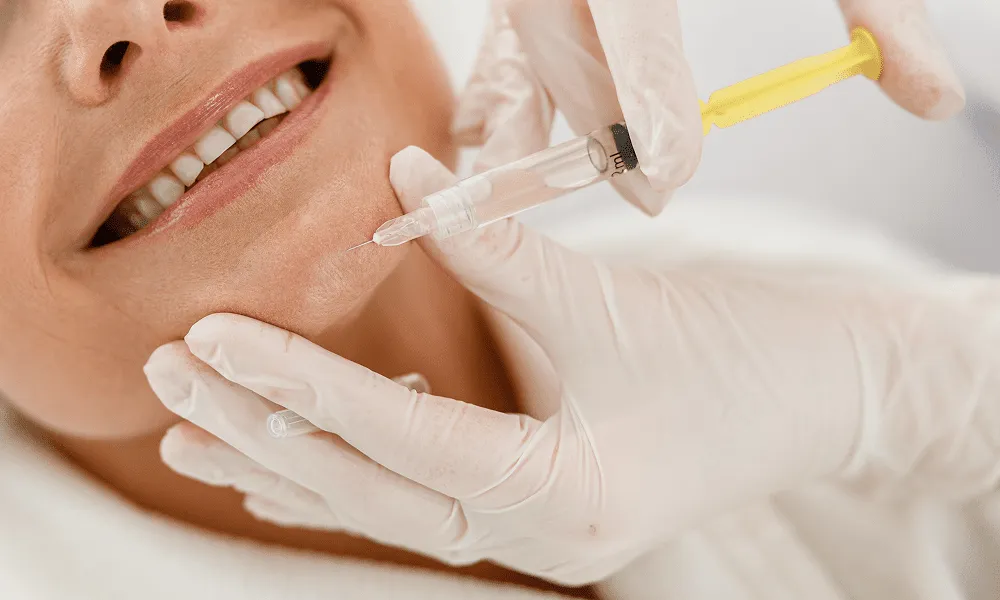
Patients choose Botox for bruxism because it addresses both symptoms and long-term oral health.
Main benefits include:
Some patients also notice a slimmer facial profile as the masseter muscle reduces in size over time.
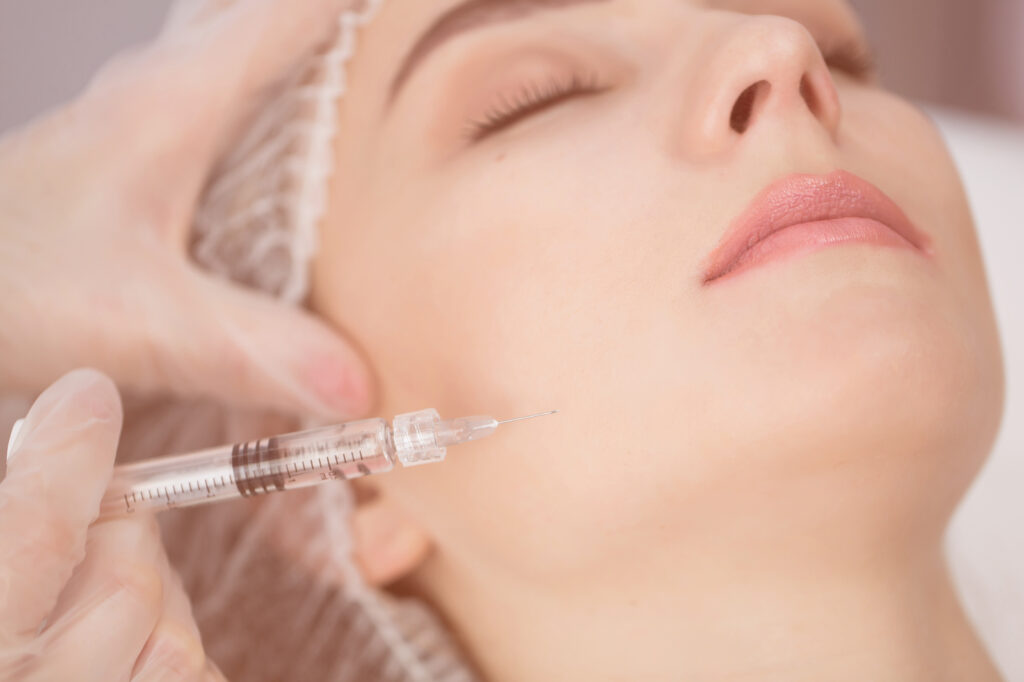
Botox for bruxism is considered safe when provided by a licensed professional such as Buford Dentist. Still, patients should know the possible side effects.
Common short-term side effects:
Less common effects:
These side effects are temporary and usually resolve within days. Choosing a trained provider minimizes risks.
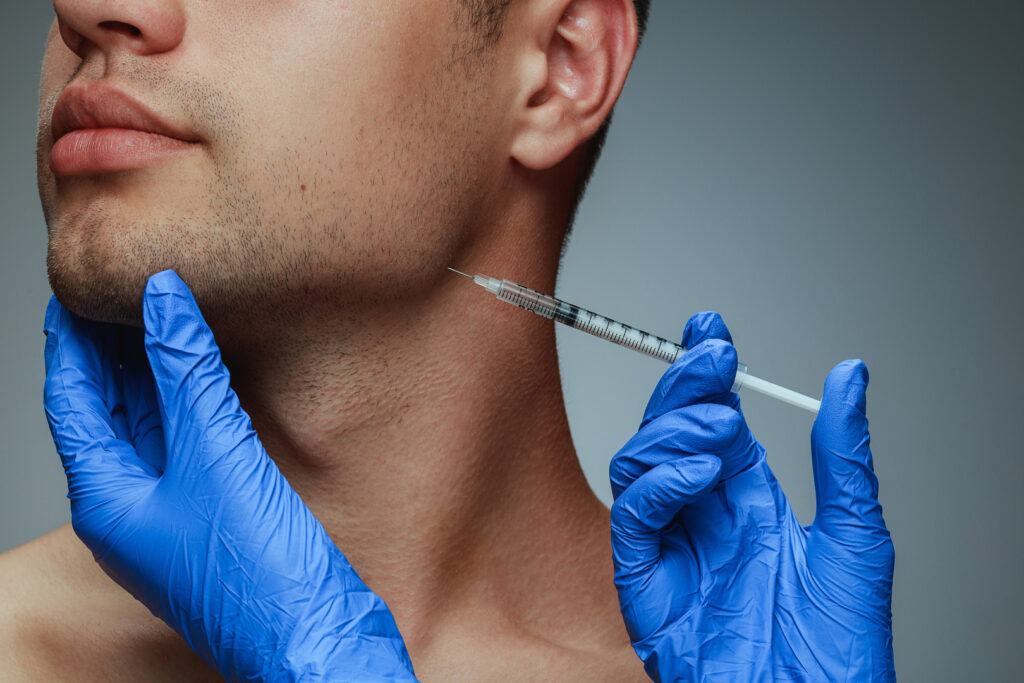
Bruxism has multiple treatment options. Botox is often compared to other approaches.
Comparison:
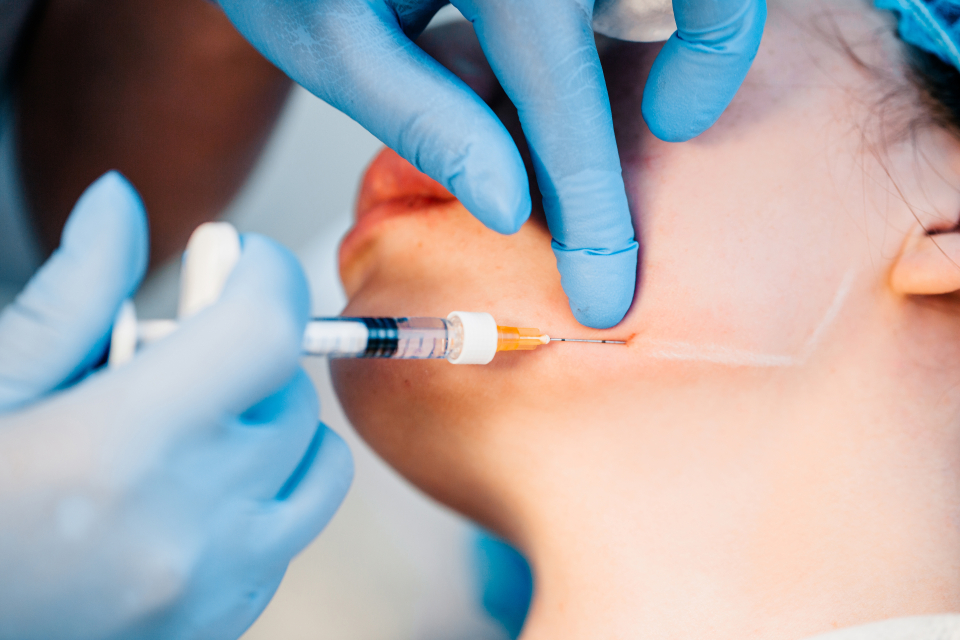
Costs vary by city and provider. On average, patients in Georgia pay between 400 and 800 dollars per session.
Breakdown:
Factors that affect cost:
Buford Dentist provides transparent pricing and discusses options before treatment begins.
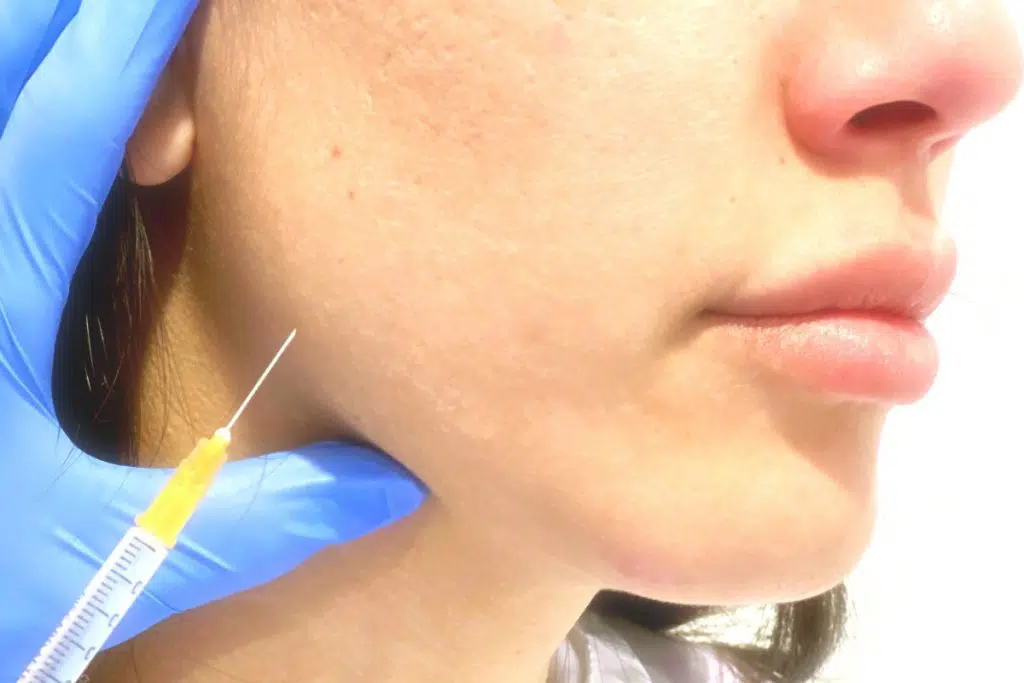
Before treatment, your provider reviews your medical history and determines whether Botox is appropriate.
Pre-treatment guidelines:
During treatment:
After treatment:
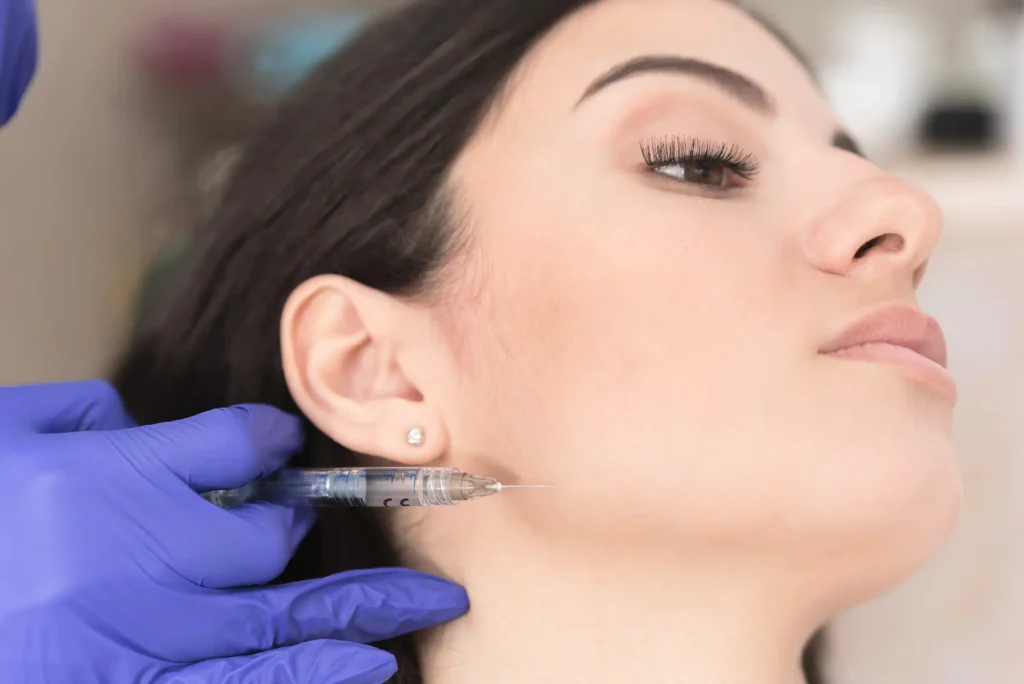
Research shows repeated Botox treatments can lead to partial atrophy of the masseter muscle. This means the muscle becomes smaller and less capable of over-contracting.
Benefits of long-term treatment:
Patients should expect ongoing treatments to maintain results, but most find the benefits outweigh the costs.

Safety is the most important factor in Botox for bruxism. A licensed dentist with training in facial anatomy ensures proper placement and dosage.
Why Buford Dentist is a trusted provider:
Patients should always ask to see credentials and confirm that the provider has experience treating bruxism specifically.
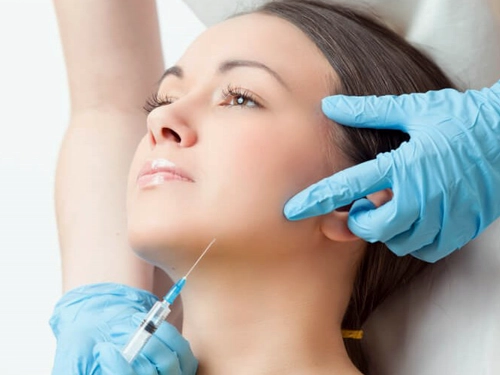
Botox provides fast and effective relief from bruxism by relaxing overactive jaw muscles. It reduces clenching, protects teeth, eases pain, and improves sleep quality. While not a permanent cure, it offers a reliable solution when guided by a qualified provider.
If you live in Georgia and struggle with teeth grinding, Buford Dentist offers Botox treatment for bruxism with a focus on safety, effectiveness, and long-term oral health.